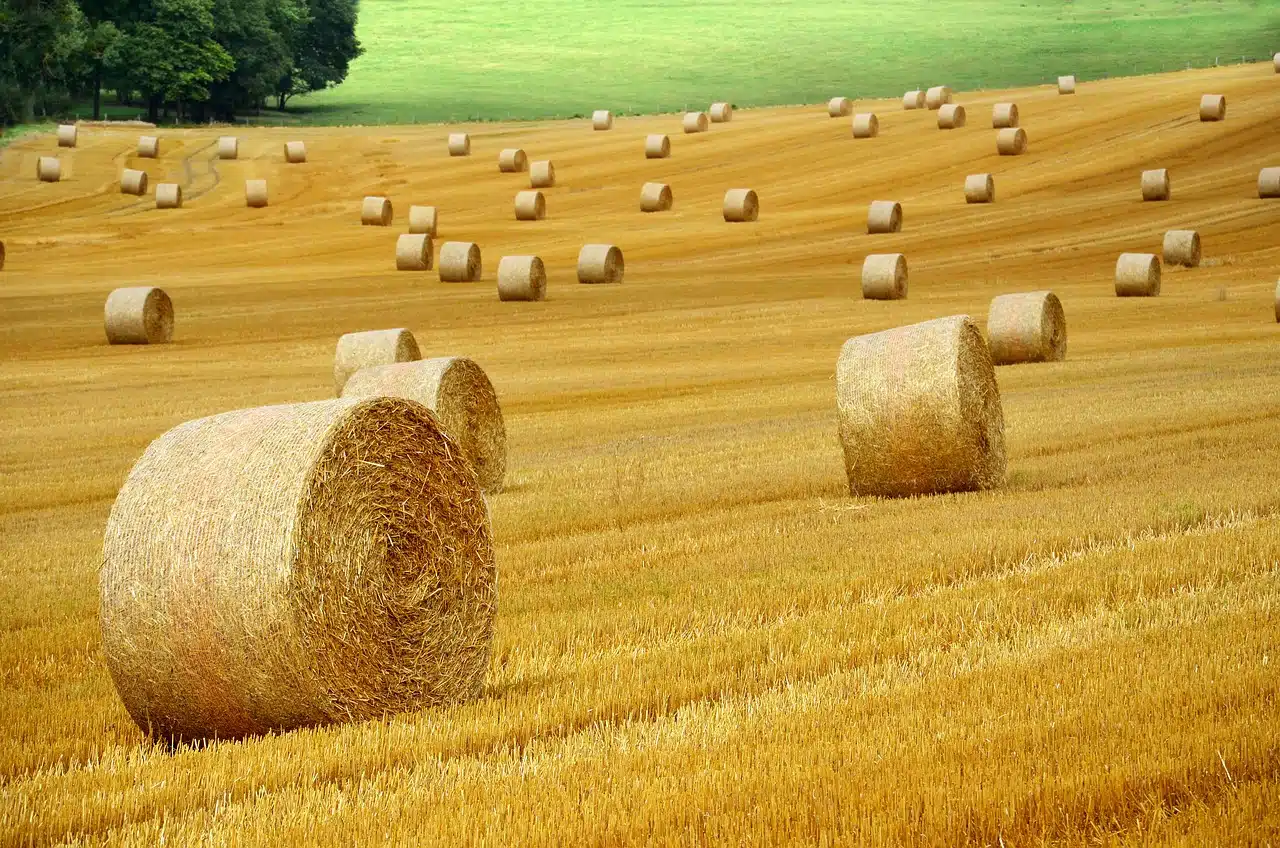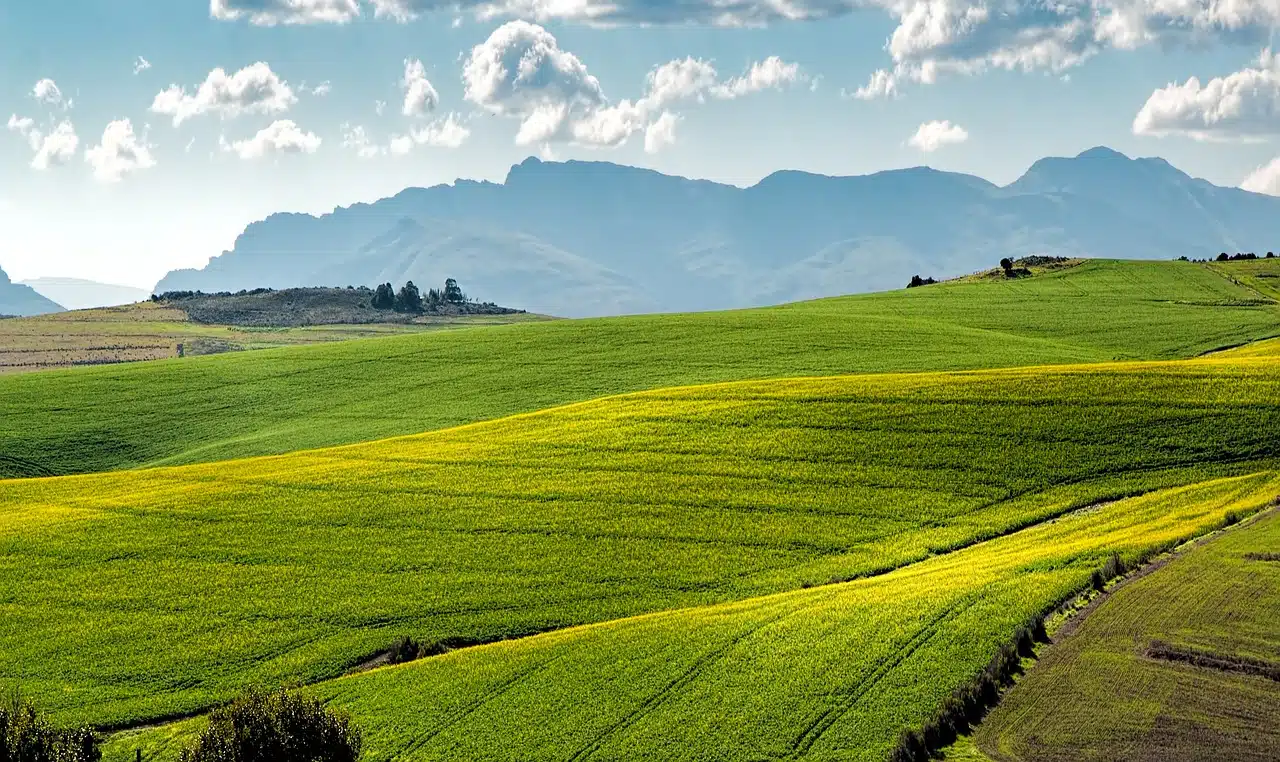
A landowner owns large agricultural areas.
Landowner is a term made up of two Latin words: terra ( "land" ) and tenens ( "that has" ). The concept, therefore, refers to the person who owns land .
Its use is usually linked to those who have large agricultural areas. For example: "The president stressed that large landowners are not exempt from compliance with obligations" , "John Milboard Paternusis is a landowner who has more than 20,000 hectares of fields in the south of the country" , "I would like to know how he managed to go from laborer to landowner in just three years .
Emergence of the notion of landowner
The notion of landowner emerged in countries with a monarchical tradition. The landowners were nobles with family fortunes who came from the Middle Ages . Starting with the French Revolution , the accumulation of large areas of land in a few hands tended to change and the distribution of land was promoted.
The historical and geographical context determines the concept of landowner. In Argentina , historians maintain that the landowners formed a bourgeoisie with great political power from the first years of national independence, determining the development of the country. Despite historical and social changes, it is a group that is still very influential in political life.
In the case of Colombia , for example, in the middle of the century society was differentiated based on different social groups. Thus, in addition to the aforementioned landowners, there were merchants, slaves, artisans and indigenous people .

Landowners constitute a privileged social class.
The term in different regions
In Andalusia , in Spain , we can still say that, today, there are still landowners who identify themselves as being in possession of a multitude of lands, fundamentally because they have inherited them from their ancestors. Within the historical studies carried out on the evolution of those, it has been clarified that, for example, in the decade of the 70s there were three large groups of landowners:
- Those who, thanks to agreements and alliances, also fully entered the banking and industrial sector.
- Those who continued only within the agricultural and livestock sector but gave a boost to their farms by modernizing them.
- Those who remained the same, who did not take any measures of change and who found themselves with a decrease in their profits.
In the aforementioned Spanish autonomous community, as well as in another such as Extremadura , it is common for landowners to also be known as gentlemen . Precisely the abuses that they committed in past decades against their workers, due to the power they accumulated or the money they had, became one of the most important books by the writer Miguel Delibes : "The Holy Innocents" , which was published in 1981. and which narrates the life of a family of peasants who work under the orders of the owners of a farmhouse, who subject them to all types of exploitation and humiliation.
In Cuba , on the other hand, the landowners had economic and political power until the socialist revolution. The exploitation of their lands was carried out with salaried Indians and mestizos, but also with slave labor.
In general, landowners oppose social changes since they constitute a privileged class and, therefore, any modification to the status quo is contrary to their interests.
